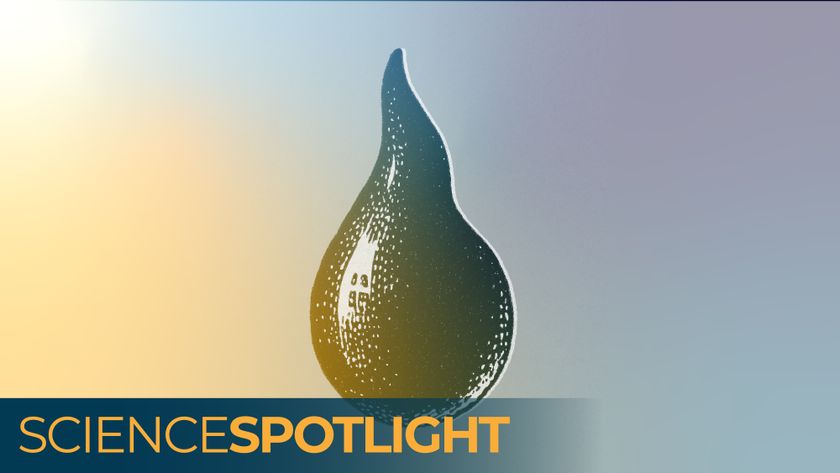Pancreatic Cancer Risk Linked to Saliva Bacteria
The bacteria in your mouth could one day be used as an early test for pancreatic cancer, a new study suggests.
In a small study, pancreatic cancer patients were found to have different levels of certain bacteria in their saliva than healthy people did. While researchers weren't sure if the differences were linked to the cancer's cause or were an effect, the findings suggest there could someday be an oral test that screens for pancreatic cancer, said James Farrell, a gastroenterologist at the UCLA David Geffen School of Medicine.
Currently there are no screening tests for the disease, and because it is typically caught only in its late stages, pancreatic is one of the most deadly cancers. About 95 percent of pancreatic cancer patients die within five years of their diagnosis.
Because the study was small, involving about three dozen patients, the results would have to be confirmed in a larger group of people. The study was published online today (Oct. 12) in the journal Gut.
Microbes and cancer
Farrell and colleagues began by analyzing the spit of 10 people with early-stage pancreatic cancer, which had not yet spread to other organs, and of 10 healthy people. The levels of 31 bacterial species were elevated in pancreatic cancer patients, and the levels of 25 other bacterial species were reduced, as compared with the health people.
The researchers then validated their findings in 28 additional patients with pancreatic cancer and 28 healthy people. Two bacteria species, Neisseria elongata and Streptococcus mitis, were found to be consistently different between groups.
Sign up for the Live Science daily newsletter now
Get the world’s most fascinating discoveries delivered straight to your inbox.
By measuring the levels of these bacteria, the researchers could distinguish between patients with cancer and those without cancer 80 percent of the time.
The findings aren't a surprise, said Jun Sun, a researcher at the University of Rochester Medical Center who studies the interaction between bacteria and their hosts.
Bacteria in the gastrointestinal tract have been linked with human diseases, including pancreatic cancer, said Sun, who was not involved in the new study. However, this study is the first to find a link between bacteria in saliva samples and pancreatic cancer. If a biomarker in spit is found, saliva samples could offer a noninvasive way to screen for the disease, Sun said.
Prevention
Farrell said it's possible that bacteria in the mouth trigger the immune system to release factors that, in turn, stimulate cancer in other parts of the body.
Certain bacteria also could act as protectors against cancer by preventing the growth of "bad" bacteria in the gut.
If the findings are confirmed, researchers may be able to suggest good oral hygiene as a measure to reduce the risk of pancreatic cancer, Farrell said. Right now, quitting smoking is one of the only ways known to reduce pancreatic cancer risk.
"This might be another piece of advice" for people at risk for pancreatic cancer, such as those with a family history of the disease, Farrell said.
Ferrell and colleagues have started another, larger study that will examine the spit of patients suspected to have pancreatic disease. Patients will be followed forward in time to see if bacteria in their spit are linked with pancreatic cancer risk.
Pass it on: Certain oral bacteria are associated with the development of pancreatic cancer.
- 10 Do's and Donâ??ts to Reduce Your Risk of Cancer
- Why Is Pancreatic Cancer So Deadly?
- 7 Cancers You Can Ward Off with Exercise
Follow MyHealthNewsDaily staff writer Rachael Rettner on Twitter @RachaelRettner . Find us on Facebook .

Rachael is a Live Science contributor, and was a former channel editor and senior writer for Live Science between 2010 and 2022. She has a master's degree in journalism from New York University's Science, Health and Environmental Reporting Program. She also holds a B.S. in molecular biology and an M.S. in biology from the University of California, San Diego. Her work has appeared in Scienceline, The Washington Post and Scientific American.











